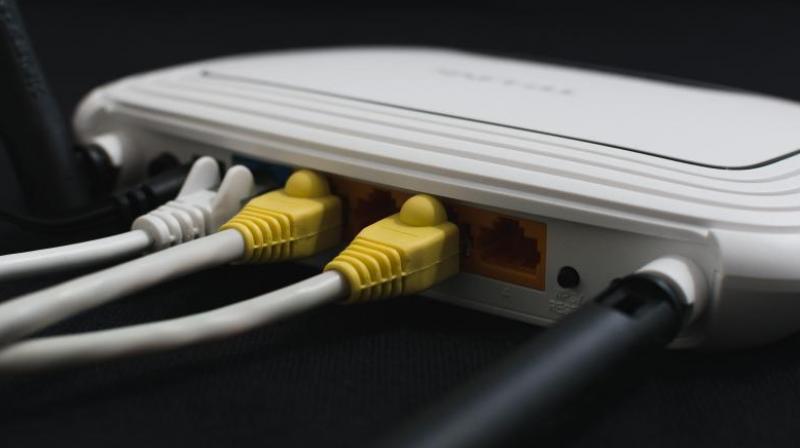Broadband speed: Visakhapatnam and Hyderabad among top 4
This is the outcome of a broadband download speed test conducted by Ookla.

Visakhapatnam: Visakhapatnam and Hyderabad, of AP and TS respectively, made to the top four cities in the country with the fastest fixed broadband download speed. This is the outcome of a broadband download speed test conducted by Ookla, the company behind Speedtest and a leading player in fixed broadband and mobile network testing applications. Ookla has revealed the top Indian cities with the fastest fixed broadband services to their residents. Customers are getting the fastest fixed broadband speeds —which is higher than the country’s average of 20.72 Mbps.
The speed is 26.59 Mbps in Vizag (4th) and 28.93 Mbps in Hyderabad (3rd). Chennai tops the chart with downloading speed of 32.67 Mbps and Bengaluru second with 31.09 Mbps. However, the report did not divulge the name of telecom operators who are offering the high-speed broadband services. BSNL, Bharti Airtel are some of the broadband operators in India.
While mobile internet speed is improving, the call quality is found to have been deteriorating, which is observed from the anger expressed by customers on the social networking platforms against their service providers in the city. The network services have gone for a toss after the service provider introduced 4G services. Bengaluru customers are getting fixed broadband speed of 27.2 Mbps. Delhi has been ranked 5th with average speeds of 18.16 Mbps. Mumbai was ranked lowest among the four big metros with an overall ranking of 8, with fixed broadband speeds averaging 12.06 Mbps. Patna is the slowest city compared to the rest of India, with speeds averaging 62.4 per cent slower than the country’s average.
The broadband services may also improve in future in the city, owing to competition among the service providers as AP State FiberNet Limited (APSFL) which is implementing the AP Fibre Grid project. A state-wide control and command centre for this entire network is being set up at Visakhapatnam as a Network Operations Center (NOC). The optical fibre grid project would ensure affordable and end-to-end broadband connectivity of 10-20 Mbps for all households in the state and also be unleashing a competition among private players to improve their services to survive in the market.

